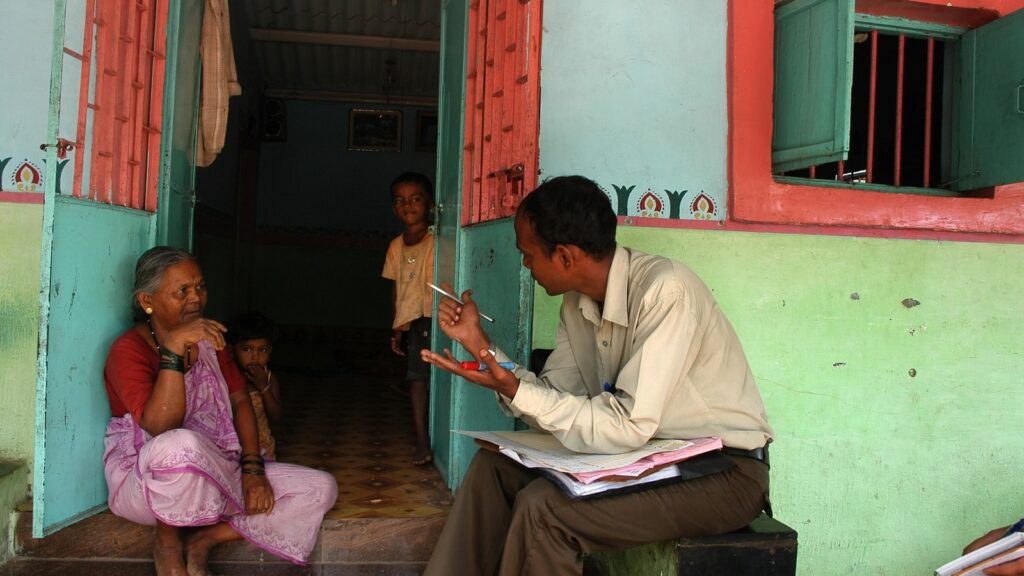Government surveys are under fire again — this time from the government itself. Confusing as that may sound, it would appear to be the consequence of the ongoing politicisation and weaponisation of data. Many people have a natural aversion to math (as distinct from arithmetic, proficiency in which is usually mistaken as an expertise in math in this country). Others make the honest mistake of misinterpreting data; statistics have a lot of avenues for interpretation, but usually only one right way. And still, others are happy to present data in a way that suits them (and their ideologies) best.
The ongoing debate about government surveys — some of them have been junked in recent years, ostensibly for methodological flaws, but likely because the conclusions did not go down well, as leaks have suggested — needs to be understood in this context. The argument seems to start from a conclusion — that things are much better now than they were in 2014. Given this, the argument goes, it is surprising that the improvements across dimensions are not captured in government surveys. Ergo, it concludes, there is something wrong with the surveys themselves.
This newsroom has been consistently (and objectively) critical of government surveys, even as it is often dependent on them because they are the only data available. They have significant room for improvement — and some may perhaps need a complete overhaul. It is also evident that, at least anecdotally, India has seen significant improvement on some development indicators — just as, anecdotally again, it hasn’t seen any improvement in some others. But that’s the problem with anecdotal evidence — and the reason why we need data, and also the reason why at least serious economists need to focus exclusively on the data, not the narrative.
There is something intellectually questionable (and mathematically ambiguous) about junking surveys simply because they do not suit the prevailing narrative. Economists, statisticians and data scientists of all hues would do well to see data as a reflection of social and economic realities, and not give in to the temptation of weaponising data to fit narratives. The road to statistical perdition lies that way.
Enjoy unlimited digital access with HT Premium
Subscribe Now to continue reading


